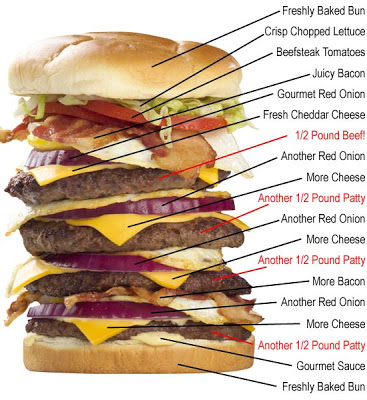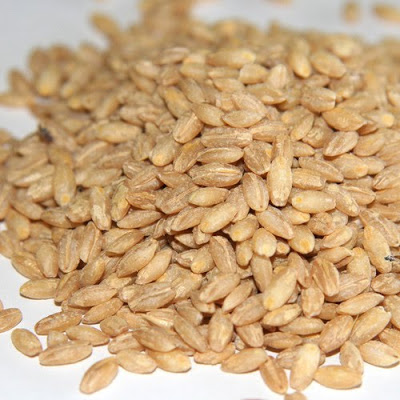The latest weight loss fad to hit social media, touted as ‘nature’s ozempic’, is berberine.
What is berberine, and is it effective for weight loss?
Berberine is a compound found in some plants, and has been used in Ayurvedic and traditional Chinese medicine for many years and for many ailments. It is sold as a supplement, advertised as a treatment for diabetes, high cholesterol, high blood pressure, and now as a weight loss aid.
A systematic review and meta-analysis of 12 randomized controlled trials concluded that berberine decreased weight by -2.1kg (4.5lb). Eleven of these 12 trials were 4 months or less in duration, and all of the trials were small. To understand the effect of any weight management approach require much larger studies with a duration of at least a year.
Another systematic review looked at 35 studies in humans, animals, and in vitro (tests on cells in a lab), and found potentially beneficial actions of berberine on gut microbiota (bacteria), fat cells gene expression, inhibition of hepatic gluconeogenesis (sugar production from the liver), and gene regulation of cholesterol. These are all interesting concepts, but again, large and long term human studies are needed to evaluate efficacy and safety of any treatment for any medical condition.
The National Center for Complementary and Integrative Health (USA) issued a statement on berberine, emphasizing that there isn’t enough rigorous scientific evidence to determine whether it is effective. They also caution regarding possible side effects of berberine, which can include abdominal pain, constipation, diarrhea, nausea, and vomiting. They state it should not be used by pregnant or breastfeeding women and should not be given to infants. Berberine can cause or worsen jaundice in newborns and could lead to kernicterus which is life threatening. They also caution regarding possible negative interactions of berberine with prescription medicines.
‘Nature’s ozempic’ is not berberine at all – actually, it is a hormone our own intestines make, called GLP1. GLP1 is released in response to food intake. It helps the pancreas control blood sugars, it tells our brain that we feel full, and can reduce cravings. Ozempic (semaglutide) is one of a class of medications called GLP1 receptor agonists, which are used to treat type 2 diabetes and/or obesity.
Given the cost and limited access to prescription weight loss medications, it is no surprise that people are looking for alternatives. Many will look to herbal remedies, thinking (in error) that they are naturally derived so they must be safe. This is such a common practice that our Canadian Obesity Guidelines has a chapter that covers herbal remedies and other over-the-counter commercial products, concluding clearly that:
We do not recommend the use of over-the-counter commercial weight loss products for obesity management, owing to lack of evidence.
Safety data on herbal remedies is sparse, as they are not closely regulated by health agencies the way prescription medications are. Adverse side effects and adverse medication interactions of many herbal remedies have been reported – eg read on dangers of green tea extract here).
BOTTOM LINE: Berberine is not nature’s ozempic. It lacks efficacy and safety data and should not be used for weight management. Improved access to properly studied prescription weight management medications is desperately needed!
Disclaimer: I am an investigator in clinical trials of semaglutide. I receive honoraria as a continuing medical education speaker and consultant from the makers of semaglutide (Novo Nordisk).
Share this blog post using your favorite social media link below!
Check me out on twitter! @drsuepedersen
www.drsue.ca © 2023












